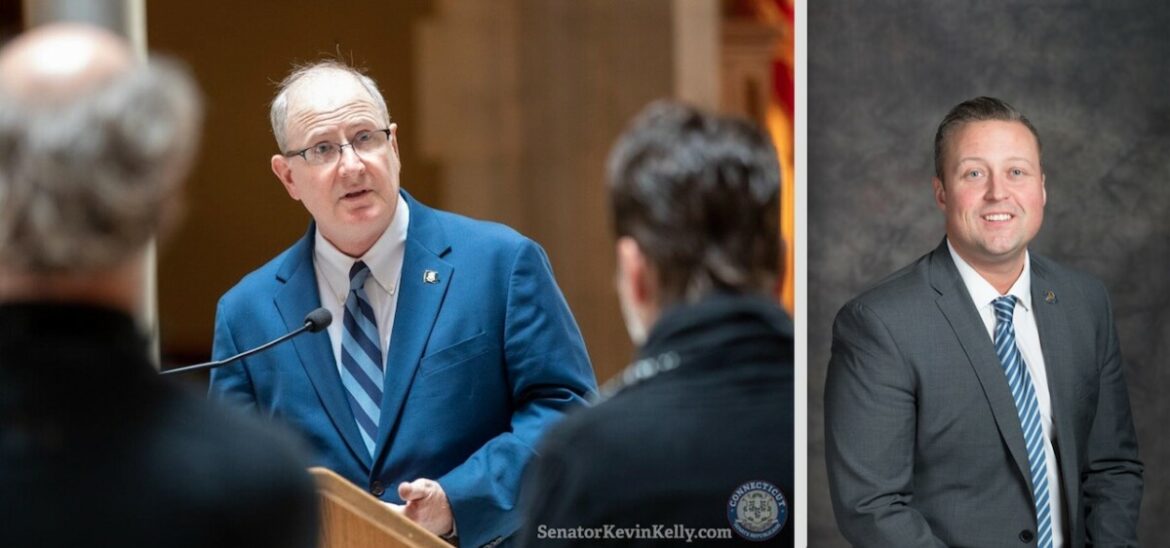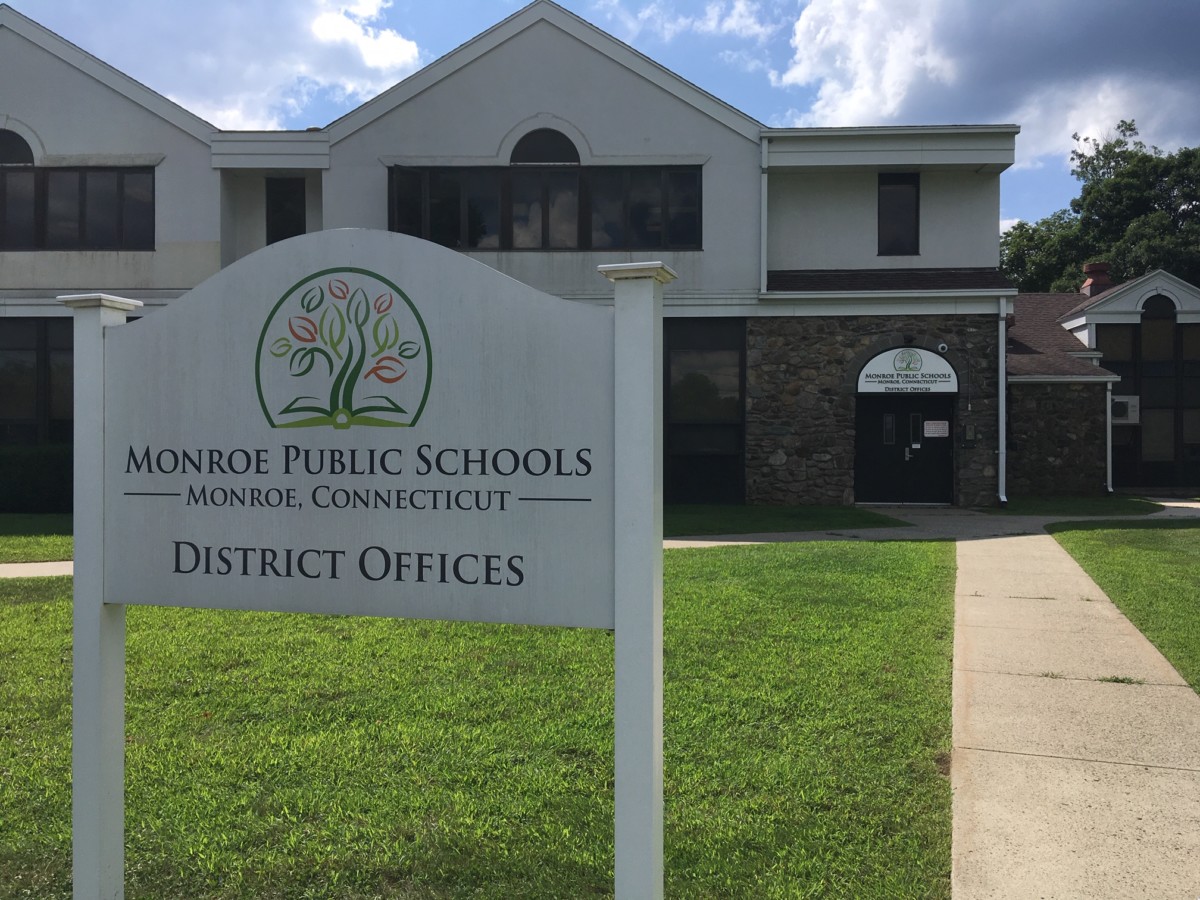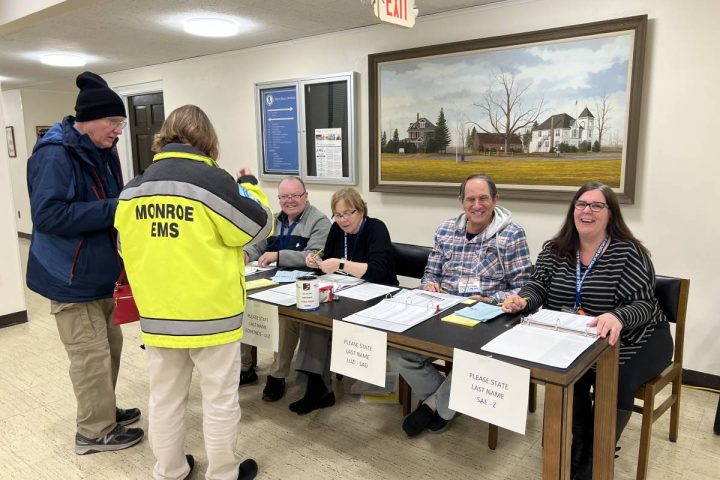MONROE, CT — A response to the coronavirus pandemic has come with costs for school safety, along with loss in learning and the mental health impact on students. On Friday, two of Monroe’s state legislators announced the awarding of $512,143 in federal relief funds for the town’s school district.
In a joint press release, Rep. J.P. Sredzinski (R-112) and Sen. Kevin Kelly (R-21) said the funding is made possible through the Coronavirus Response and Relief Supplemental Appropriations Act (CRRSA).
“I appreciate this federal support for our talented school district here in Monroe,” Sredzinski said. “I’m also appreciative of the enormous patience from parents, educators, and students that have all done their absolute best to deal with the challenging impact this pandemic has had on education.”
“We thank our federal partners for this funding, which will be focused on meeting the needs of Monroe students and their teachers,” Kelly said. “Our community is grateful for this financial support.”
The CRRSA made Elementary and Secondary School Emergency Relief funds (ESSER II) possible. This is where Monroe’s $512,143 is coming from.
On Friday, the Connecticut State Department of Education informed superintendents that Connecticut received an additional $492.4 million in ESSER II funds, increasing its total to nearly $603.5 million.
The funding can be used by school districts for the following purposes:
- Improving COVID-19 response coordination between school districts and state, county, and local public health authorities;
- Addressing learning loss through high-quality assessment, tracking student attendance and engagement in distance learning, and evaluating academic progress in comparison to a student’s pre-pandemic performance;
- Need-based outreach for students of all backgrounds, including children in low-income households, those in foster care, those with disabilities, and those struggling with homelessness;
- Purchasing PPE and sanitation supplies, and training staff in proper sanitation and personal protection practices;
- Ensuring all instruction is consistent with requirements under the Individuals with Disabilities Education Act (IDEA);
- Planning and implementing supplemental instruction like summer school or aftercare;
- And facilitating school facility improvements and repairs for indoor air quality.
Superintendent of Schools Joseph Kobza, who is currently involved in the budget process for fiscal year 2021-22, welcomes the financial assistance.
“This could be very helpful,” he said Saturday. “We definitely want to use it wisely, especially to address the social/emotional well being of students and staff, and learning loss.”
The state’s four priorities include academic supports, learning loss, learning acceleration and recovery; family and community connections; school safety and social-emotional well-being of the “whole student” and of our school staff; and remote learning, staff development and the digital divide.
“We really have to sink our teeth into what each of those are and how we can utilize the funds to address those private priorities,” Kobza said.
Waiting for ECS news
First Selectman Ken Kellogg learned of the federal funding on Friday.
“It sounds like it’s only good news for the town and the Board of Education,” he said Saturday.
While he called the coronavirus funding good news, the first selectman said he is most interested in how much Economic Cost Sharing (ECS) grant money the town will receive for fiscal year 2021-22.
“We don’t really know with certainty what the ECS grant will be,” Kellogg said, adding Monroe is among the municipalities expected to receive reduced aid over several years.
However, he said ECS funding changes every year. During the Connecticut Council of Small Towns’ annual meeting this year, Kellogg said Gov. Ned Lamont told participants he would keep towns whole.
Last year Monroe received $5.2 million. While preparing the town budget for 2021-22, Kellogg said he is doing so with the assumption that the ECS grant will be just under $5.1 million, 3.34 percent lower than the current fiscal year.
This was based on information he has received from state legislators.
Aside from not proposing additional cuts to municipal aid for towns, Lamont did not ask towns to shoulder some of the burden for the teachers pension fund, according to Kellogg.
Former Gov. Dannel P. Malloy and Lamont have proposed cost sharing models where towns pay a portion of the teacher pensions, which municipal leaders have successfully resisted so far.
“It’s a plan managed, operated and negotiated by the state,” Kellogg said. “That’s always our argument.”








